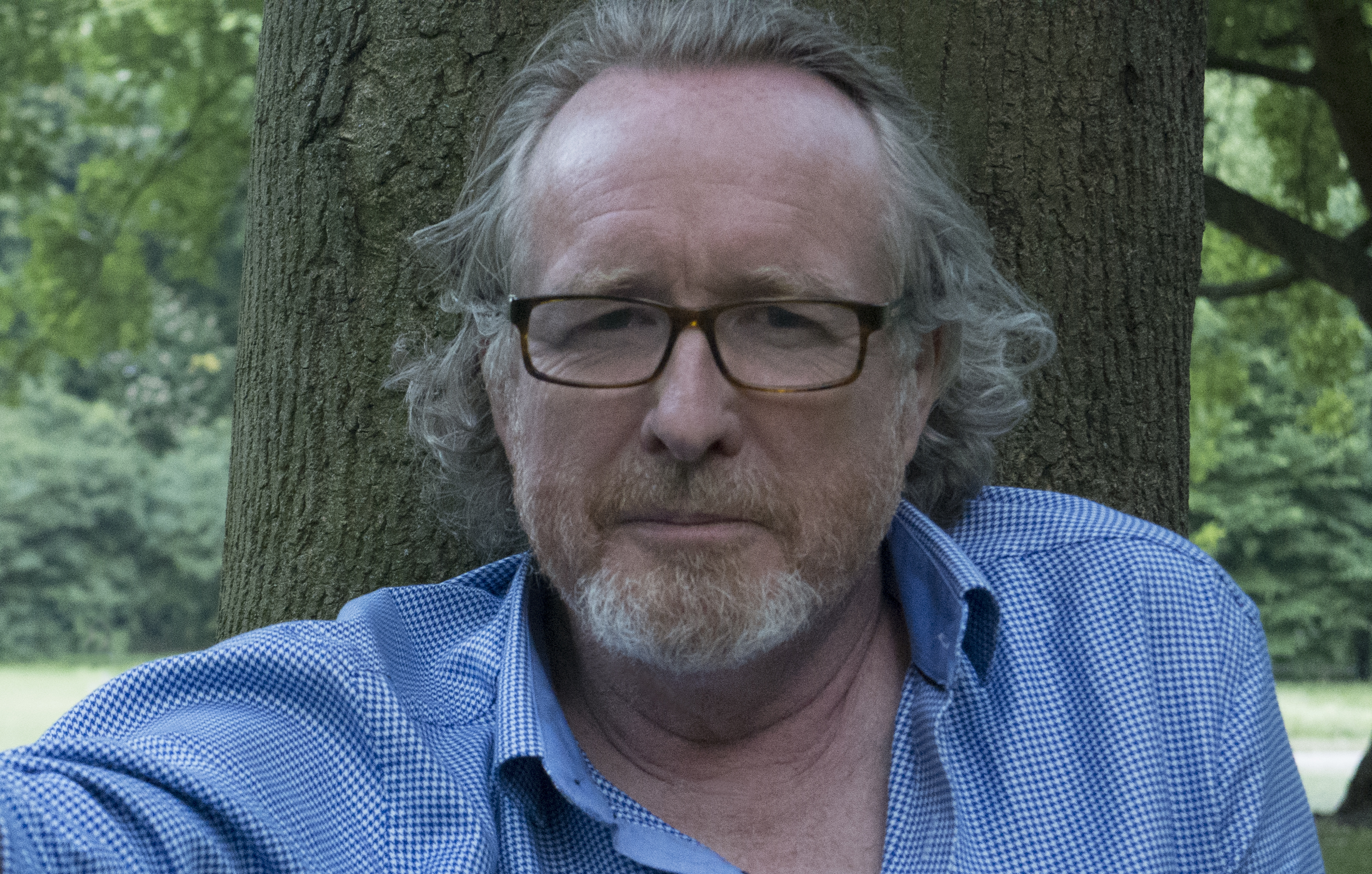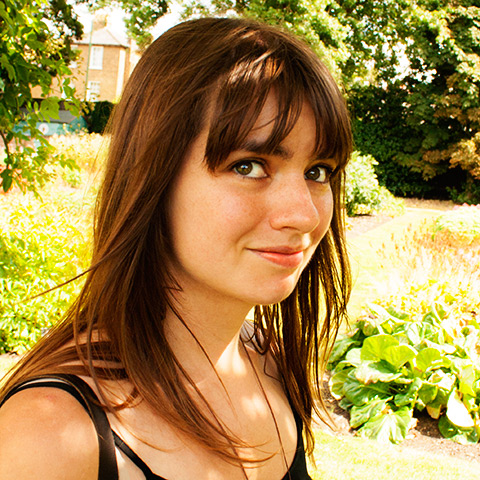Launching our new interview series, Big Questions, we talk to photographer Alistair Morrison about human rights, life lessons, and why he can’t stand cameras.
Alistair Morrison smiles and thanks the waitress when his drink arrives. “This is the coffee moment, coffees are arriving,” he says, describing it like a scene from a film.
It’s no surprise that Morrison understands the importance of staging. He’s one of Britain’s most celebrated portrait photographers. Over his 30-year career, he’s photographed prime ministers, athletes, models and rock stars. To date, Morrison has had more than 80 portraits in the National Portrait Gallery. But the point of the photographs isn’t an homage to fame – find the vulnerability in your subject, he tells me. Allow them to show who they really are.
Morrison’s passion is obvious but he didn’t start out knowing he’d become a photographer. He tells me how it all began and what he’s learned along the way.
What’s the most important thing your parents taught you?
My parents lived abroad. I went to school in the UK so I spent much of my time not being able to communicate with them. One of the things that makes you understand is that that odd letter you write has to be quite precise, quite meaningful, and quite loving and caring. I think that that’s something I have taken on. I tend not to be a tittle-tattler, I don’t like gossip.
What did you want to do or be as a child?
I wanted to play for England at football. I was really quite good. I managed to get into the England public schools team. In fact, photography became something that I fell in love with later on in my life. When I first left school, I went to work with the Bank of England. I then decided it wasn’t really for me and went to college at the age of 21. I hadn’t really taken a photograph in my life so I used my brother’s portfolio to get into college.
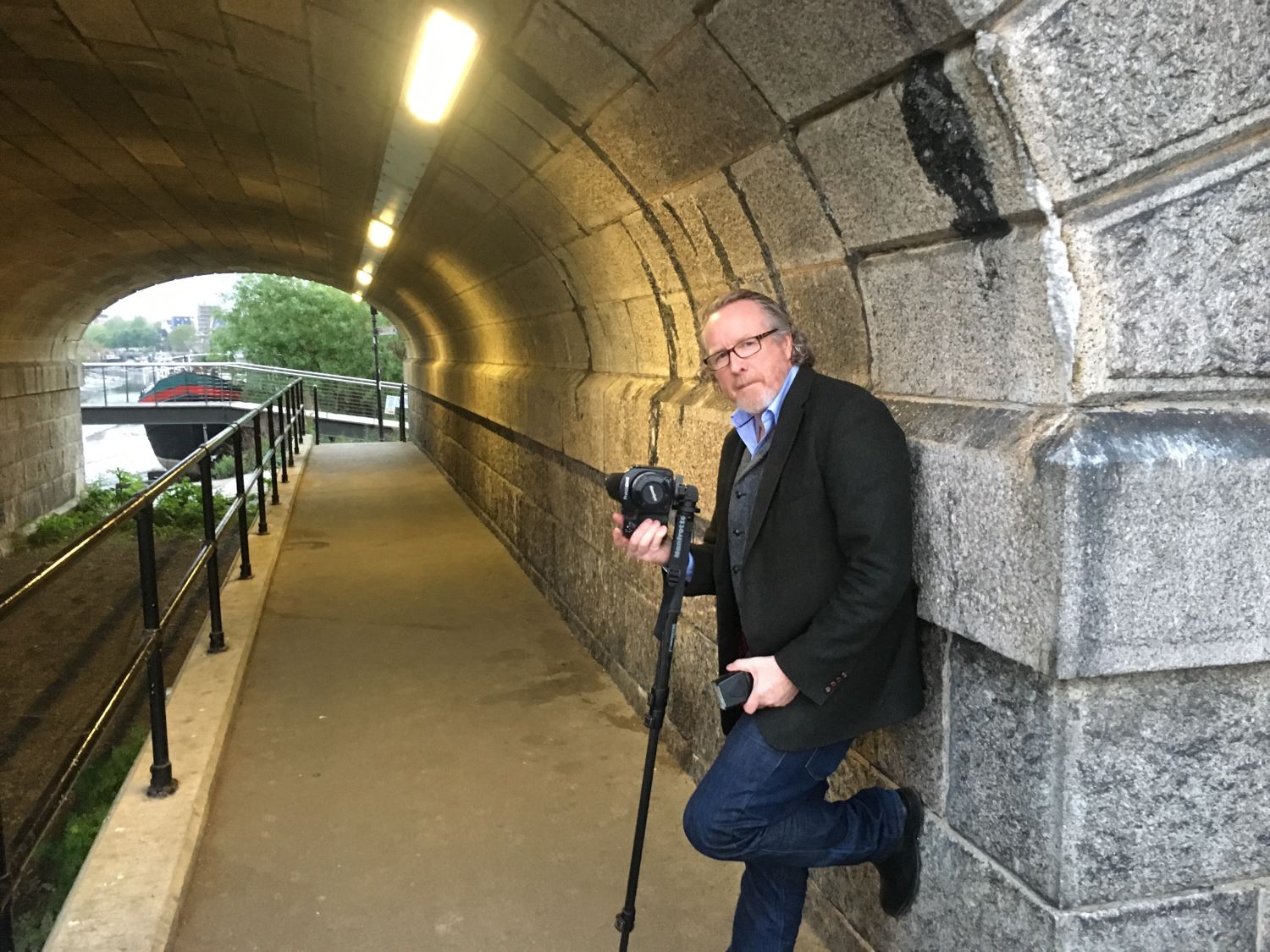
Nature or nurture?
Oh nurture, definitely. I think in a way my kids nurture me now. I get phone calls all the time telling me who I should vote for at elections and sending me manifestos. It’s an eye-opener because your own children won’t follow your creed. They’re going to follow the situations that they find themselves in. I shouldn’t expect that they should necessarily feel the same way that I do.
How did your education shape you?
Let me turn that on its head and say that I would now consider my children’s education being shaped through my good and bad experiences. As a freelancer, I haven’t worked for anybody in particular. It has its ups and downs and it has its moments of tribulation and no money. You feel a little bit like a drifter sometimes. But it’s such a passion that I would say to my own children: go with your heart, go with what you would really want to do, because in later life, if you ever turn around and say, “I never gave it a chance,” you will regret it.
Best memory?
I suppose one of my best memories was my very first published pictures, which were buskers on the streets of London. I used to go out and find my own little stories. I didn’t just photograph them, I took down their stories and where they’d come from. Whether they were from the Royal College of Music and had a little bit of experience, or whether they were just young kids who didn’t have any money but were very talented.
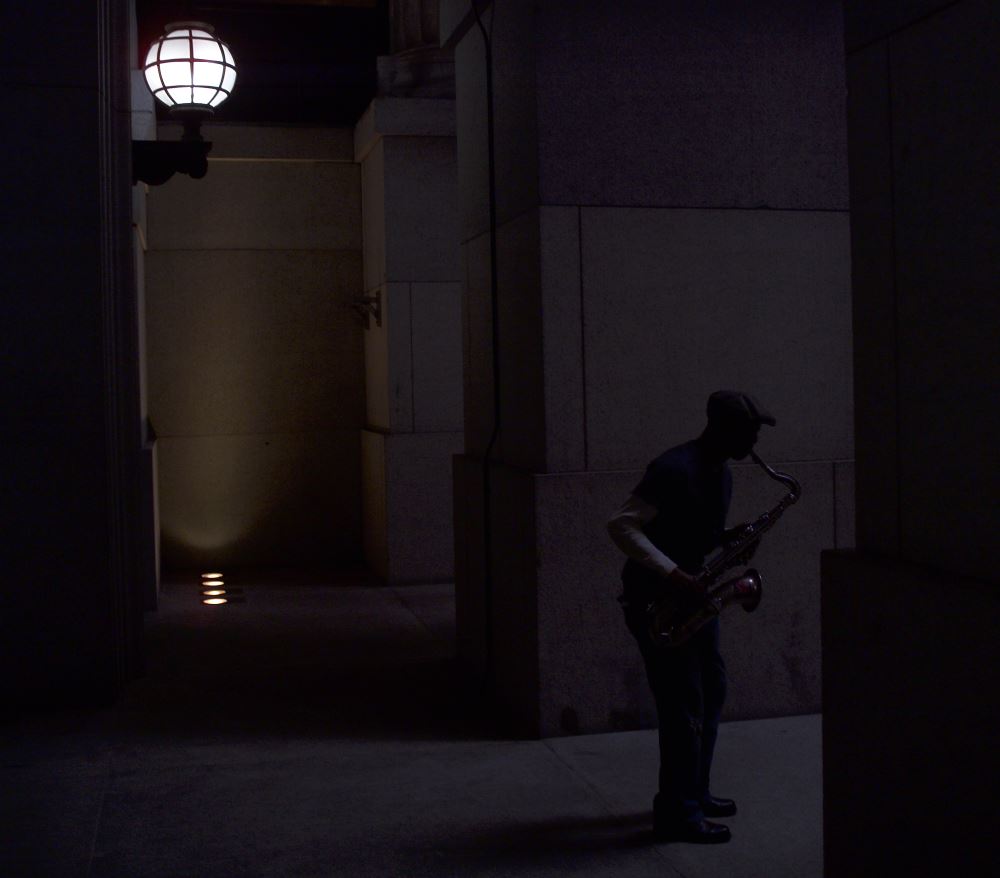
What’s a lesson about rights that you learned the hard way?
I wanted to try and find what I could do with photography to be able to help in any way that I could. Sometimes it’s pretty feeble you know, and sometimes it’s potentially got more meaning. I’m allowing my contacts to express themselves in a way which is important because they’re well followed. The reality of life now is that many people, especially with social media, have so much following that they have a great amount of influence. So drawing them into a project which has some kind of meaning might help in some way. But it’s going to be minuscule compared to what needs to be done out there.
What does “freedom” mean to you?
I think freedom of allowance of passion. Freedom to explore what you need to do, freedom to potentially be selfish so that you understand who you are. Not necessarily to start to think that you can save the world. Because you can’t. You can add elements to it by understanding yourself more and more. Where your weaknesses and your vulnerabilities are. That’s something that I do a lot in my photography. I try and find the vulnerable because there’s dignity in the vulnerable.
What would you save from your house in a fire?
My first thought was my black and white negatives. But I don’t know. The tool which allows me to record is my camera, so I suspect that would be it. I hate cameras, don’t ask me about which camera. My latest. If I could blink and take a photograph I would.
I’m assuming that I’m alone in the house, because otherwise it would be whoever is in there with me. If you’re in the house with your children, you can’t say, “my camera!”
Describe a time when you’ve experienced some kind of discrimination
I think it’s probably unfair to say that I have. I’ve had a privileged existence. Interestingly, back in the ’70s, I did a series of photographs of Diane Abbott. Diane was the very first black MP and I was asked to do a story on her. I remember being really chuffed that I could do it and she was lovely. When we went into a club which she frequented, I remember the silence when a white guy walked in with her. She was embarrassed and I said to her, “I thought it only happened the other way.” She said, “well no, it’s kind of like a backlash.” I don’t count that as discrimination, I count that as misunderstanding. A moment in time, where she, as an MP, was trying to build the opportunities of a community.
Which human right do you value the most?
The right to live, to be honest. Nowadays we should have a right to life. I find it very distressing that people can wake up in the morning, say goodbye to their kids or loved ones, and then not return that evening because something has just happened to them that they couldn’t envisage.
Do you ever ‘check your privilege’?
I assume that you mean do I think that I’m a lucky boy? Yeah, I do. But I think that I’ve worked bloody hard to be a lucky boy.
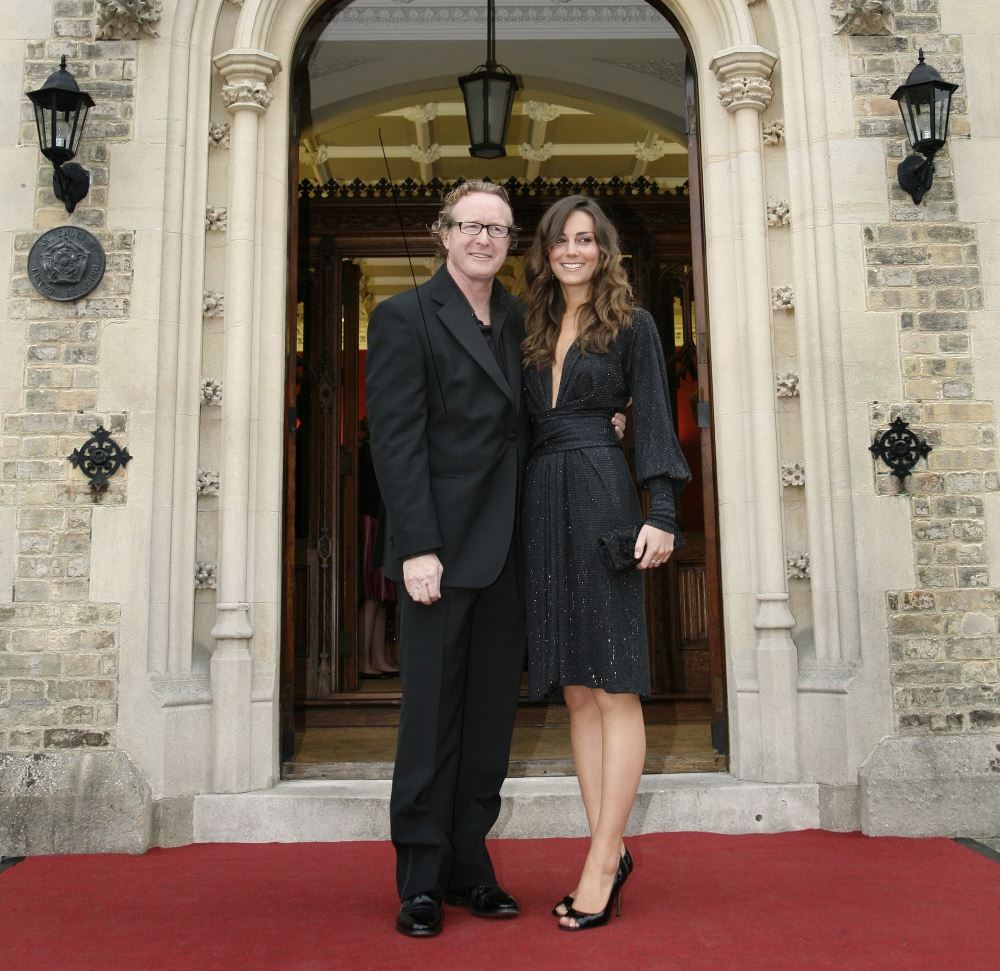
What makes you frustrated?
Words sometimes can be and often are misinterpreted if you’re communicating solely by text. You know, bring back the phone, bring back the home phone!
What surprises people about you?
I loathe cars. I just can’t understand how people love their cars. Just recently, I bought a SsanYong Tivoli and everywhere I went, no matter where I parked it, people would look at me as if I had a beautiful car. I found it really quite uncomfortable.
What do you fear most, in terms of their rights, for your children?
Well, I don’t worry so much about their personalities because they’re lovely kids. I think the most concern is just probably their financial future and how that impinges on their relationships and therefore their emotions. They can’t buy their houses and do the things that we had the privilege of doing.
What does ambition mean to you?
What’s around the corner. Not to look too far ahead and just enjoy what you have now. There’s always ambition within that.
I think there is that element of security that doesn’t exist, so they (my children) feel they can’t settle down. I think we settled down a little bit earlier. I think we made mistakes earlier too. But you have to make mistakes in order to understand how to make them right.
Believer, atheist or agnostic?
I’m probably an atheist. I just can’t be touched by the church’s suggestion that all is God’s will. I just find it so unfortunate that you make choices in life – and with the recent terrorist attacks – you make a choice to walk across one side of the bridge and you’re safe and you walk across the other side and you’re not.
What does dignity in dying mean for you?
I think that I’m a young 60-year-old so I don’t think about my own mortality. I don’t think it’s healthy to do so. I suspect that there will be a time when I do. But it’s pointless doing so until you’re well into that stage.
How are you trying to change the world?
I suppose, if I was given the choice of doing what I wanted to do, I would probably drift and photograph everybody and anybody, so we could understand where their strengths and frailties lie. But that’s never possible.
And… what’s the meaning of life?
I think it’s being able to look other people in the eye and say: you should always have your own meaning and, potentially, you may not know what that’s going to be. I’m not sure you can have a meaning in life while living your life. I think the ambitions and the opportunities and the passions all change as you grow up. The meaning of life is living it to its fullest.

